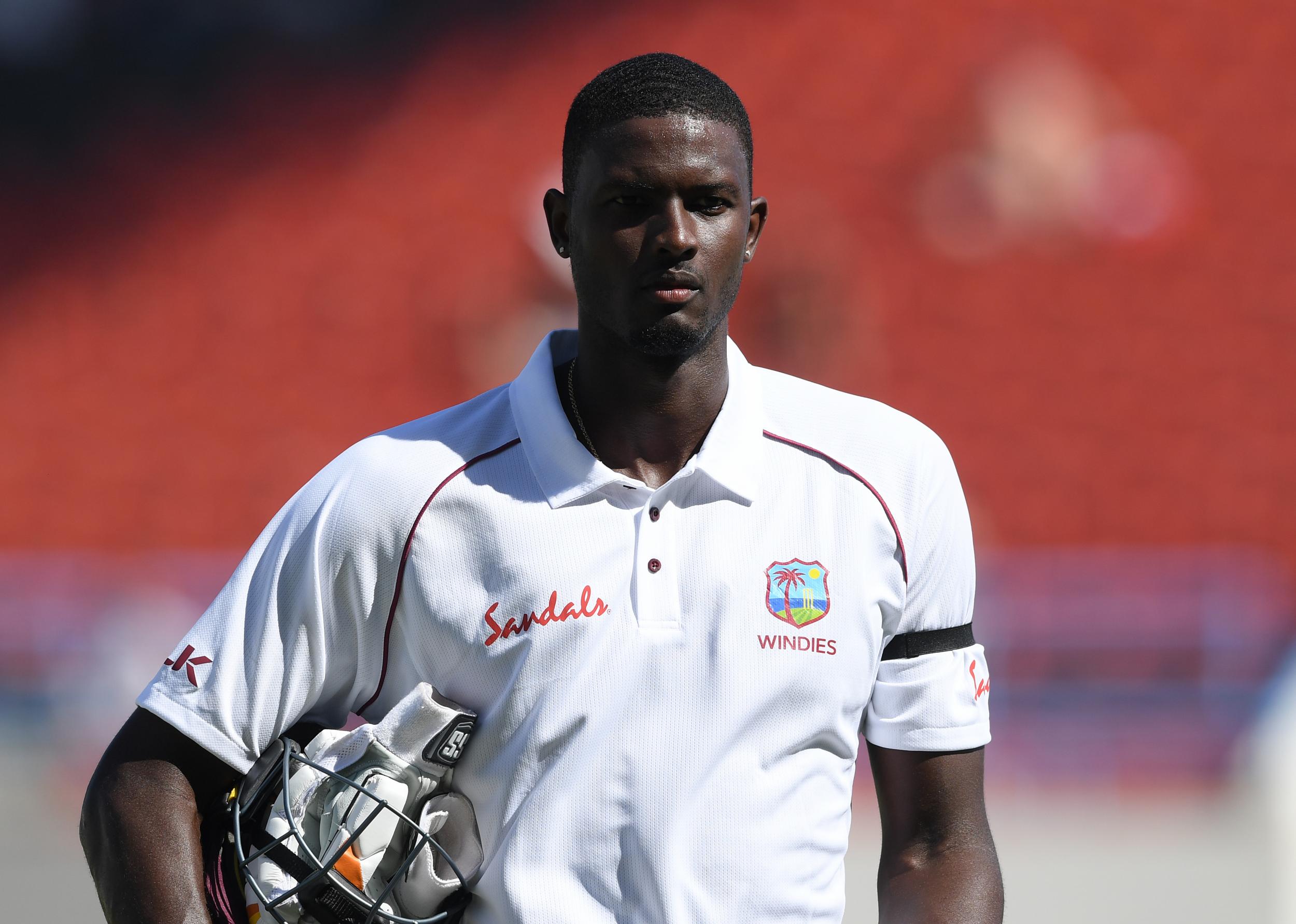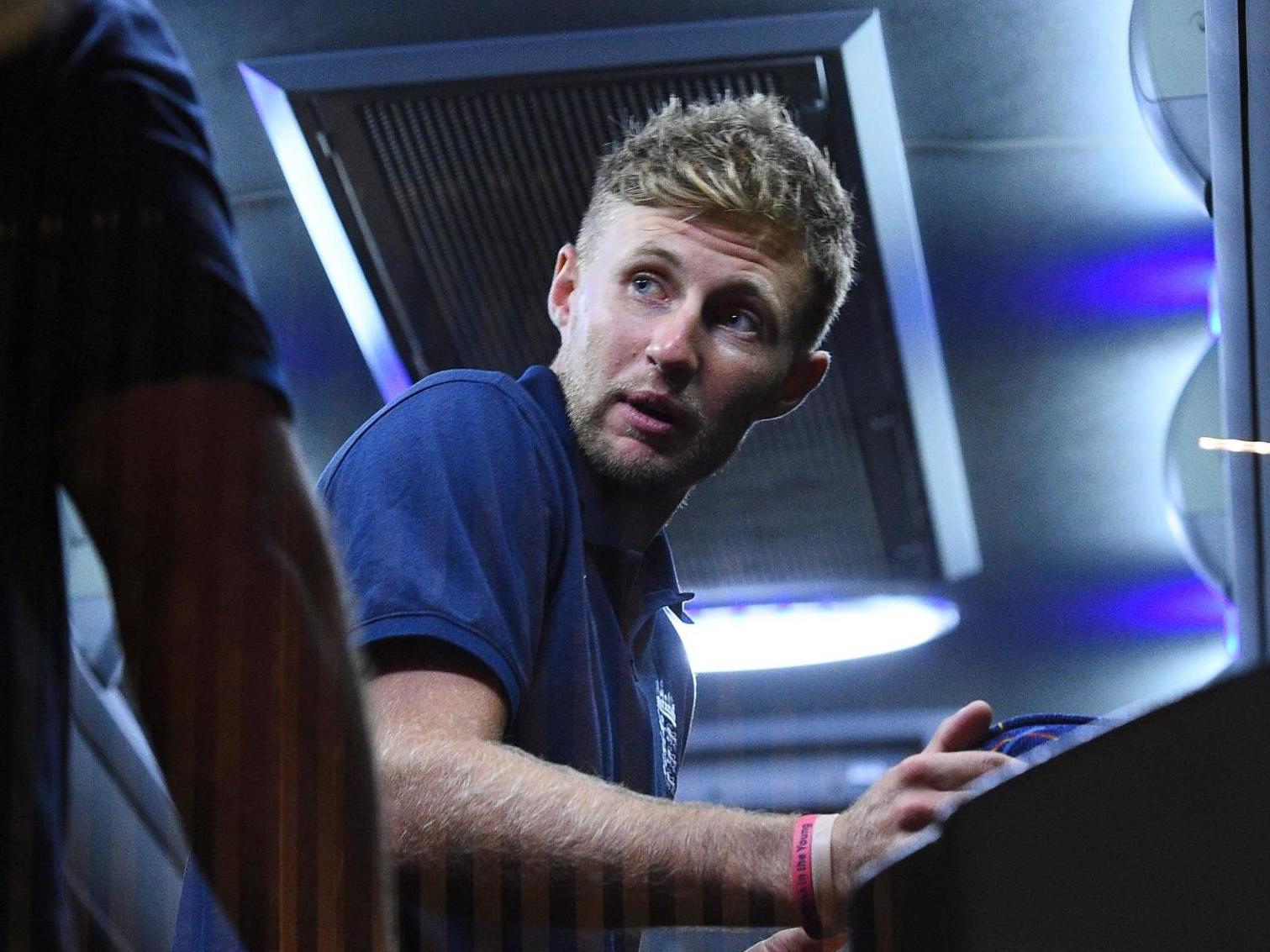
Meetings between England and West Indies have never lacked for subtext.
In 1976, Tony Greig’s assertion that he intended to make the touring side grovel provided enough touch paper to last a few generations, let alone a five match Test series which Clive Lloyd’s side won 3-0.
As that great team came and went, those tensions moved to the stands which came to head in the nineties when English stewarding kicked up a notch to sap the vibrancy out of home grounds. The noise, they said, was too much. By the time those measures were eased, UK-based West Indies’s fans had already sacked it off.
But drama has returned to the field in the last 20 years. West Indies’s smash-and-grab of the 2004 Champions Trophy still stings those involved. A drawn Test series in 2015 was scored by incoming ECB chairman Colin Graves’ description of the opposition as mediocre.
Though perhaps nothing will beat the antagonism between the two groups of players that contested the 2016 World T20 Final. And it’s not outlandish to suggest the ill-feeling on the field that night in Kolkata outstripped 2007’s between India and Pakistan. They really did hate each other.
That for the most part had dissipated by the time they spent a month against each other at the start of 2019, though again increased when West Indies took an early lead and closed out a 2-1 win. There was no soundbite this time, but there was enough about a routine win for England printed to cover all four dressing room walls.
This summer was set to be no different. West Indies had the Wisden Trophy and many of the same protagonists that helped them secure it. Still, though, without a series win on these shores in 30 years. Jofra Archer was set to test some of his former U19 teammates and close friends with a red ball. All of it carrying the undertones of Windrush and colonialism.
While all those themes are still relevant, everything else around it has changed.
Playing out with the backdrop of coronavirus and a worldwide anti-racism movement, this will be a series the likes many of us will have never experienced before. Of gratitude, emptiness, defiance, solidarity and distraction.
It’s worth remembering over the next month just how grateful the England and Wales Cricket should be – and are – towards West Indies. Touring the UK carries a risk similar to those the ECB have decided against taking elsewhere, which too deserves to be viewed through a sympathetic lens.
But moreover, they will know just how much they have asked of their opposition and, in return, how much has been given. Just as the Caribbean is to England players, so is this a tour their counterparts usually enjoy. Many have family, friends and former teammates over here. But they will see little of them, or anything else beyond the Ageas Bowl and Old Trafford, for the next eight weeks.
Thus it’s all the more important that this is reciprocated with tangible support. And it was telling that last week, before Jason Holder had talked publicly of his side showing their support to the Black Lives Matter Movement, his opposing captain Joe Root had spoken of talks among his players as to how best to display unity to the cause.
That sentiment was reiterated by James Anderson on Thursday amid talk of his own introspection, of what he might have seen or heard and how he might have turned a turned a blind eye or ear to it. Perhaps the biggest realisation for some England players in this time is that not all racism needs to be the N-word said in anger.

As outlined by Michael Carberry and Ebony Rainford-Brent this week, it’s less dramatic and more regular than that – and just as debilitating. Anderson and others may wonder if those micro aggressions are unsettlingly familiar to them.
"It made me think and it made me think ‘have I turned a blind eye to things?’ Anderson asked of himself. "I’d try to support my team-mates if they did suffer any sort of abuse but have I been active in supporting them on things like that?"
Yet beyond a public show of support alongside the West Indies, and whether that takes the form of a knee or silence, it’s important not to follow society’s lead and conflate issues or focus on short-termism.
It is commendable that this group of players and English cricket as a whole wants to look at how it operates, particularly if there is a willingness to analyse the various social and financial inequalities throughout the game. But it is not on the West Indies to be their moral sherpas up this difficult terrain.
Perhaps the most valuable recalibration should be treating teams like West Indies, Pakistan and Ireland as equals. All three will do their bit for the ECB by touring this year, alleviating what chief executive Tom Harrison said would be a £380million loss if no cricket was played this summer. A figure far beyond the means or even comprehension of those three respective boards.
Remember, this is a board that actively tried to cut these teams out of their fair share. A board who rubber-stamped Big Three plans and a 10-team World Cup. Who regard series against these three teams as starters rather than mains, as previous schedules confirm. Amid the more dramatic shifts at the moment, here is a more simple one to get right. This must be paid forward.
“It is a sensitive time where we've got to be mindful of everything,” said Holder when asked about what they may use to drive them forward on the pitch in the absence of crowd and abundance of other issues calling their attention. But he ultimately sees this as something of an olive branch to greater parity within the international game.

“West Indians are fuelled and motivated in different ways. In previous series particularly against England people have said things prior to the series beginning and that has fuelled a lot of things within us as West Indians.
“But who knows this could be something serious we could build on and we could get some real positive energy through the group.”
Ever erudite and forthcoming, there’ll be plenty of time to laud Holder’s qualities as a leader and a cricketer when he takes West Indies onto the field and showcases his standing as a world-class all-rounder. We can trust he will ensure they do their bit for a competitive series, which is all that is required of them.
But when it comes to further conversations and actions to moving the game forward, that’s on England from here.







